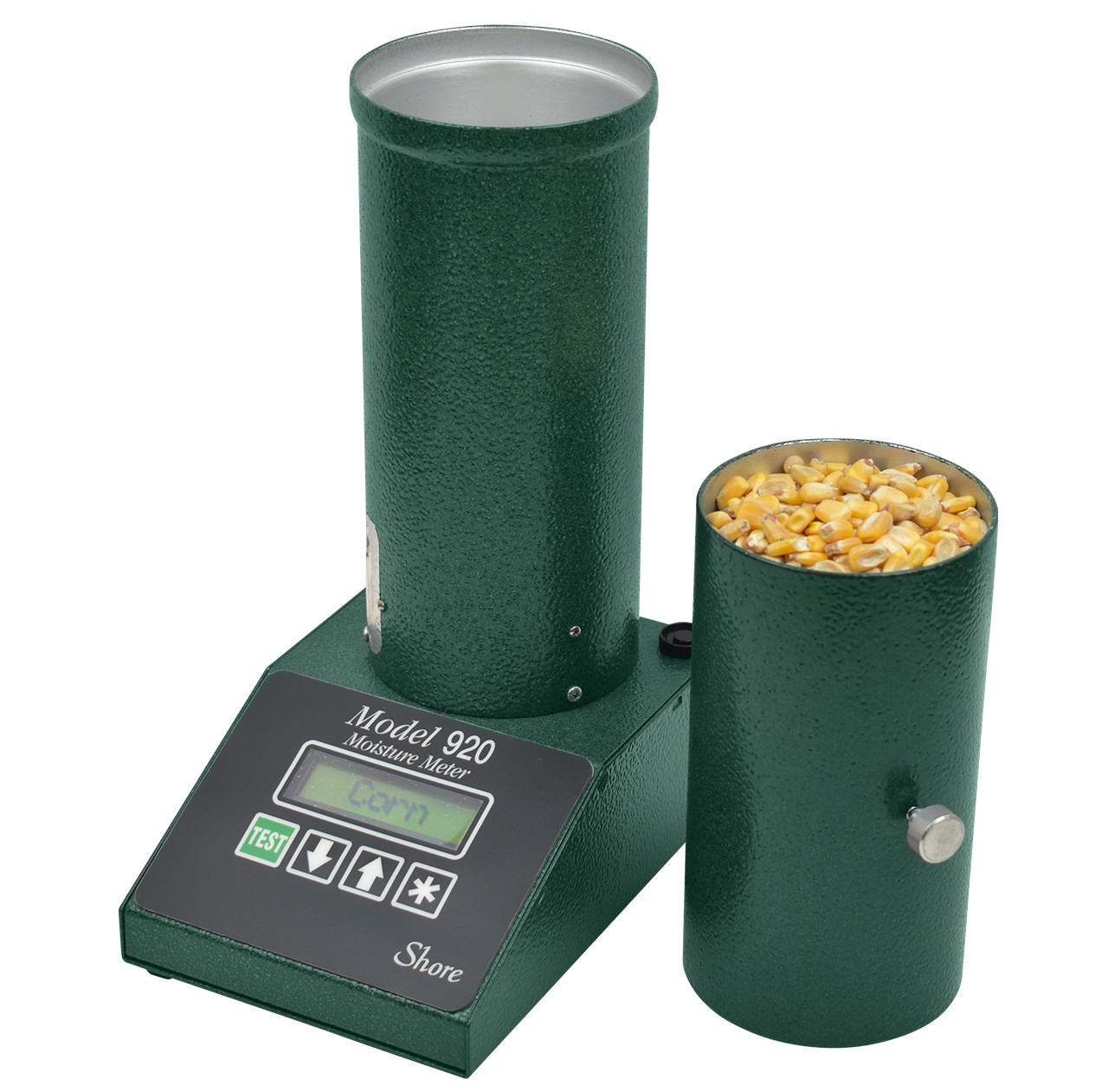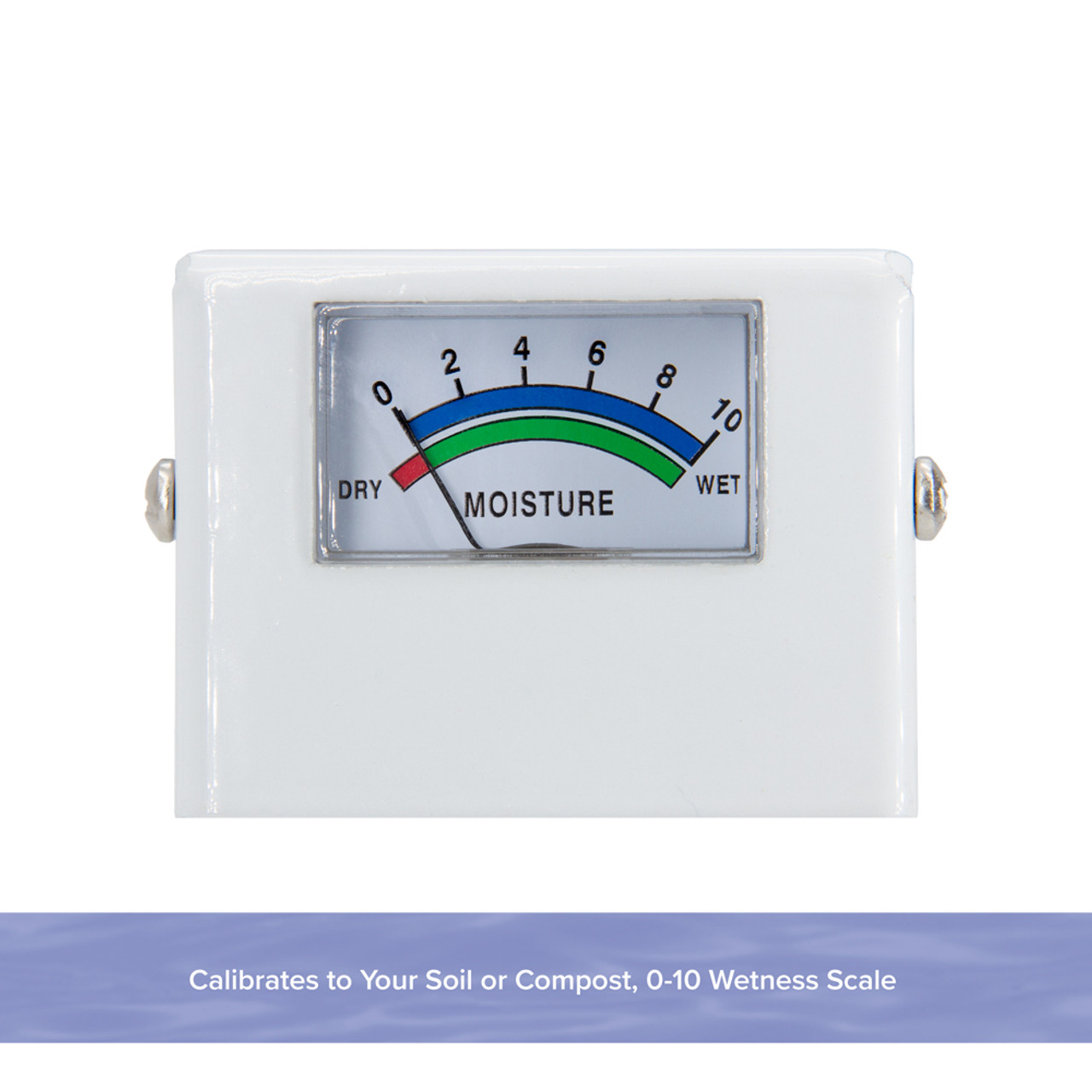Moisture Meter Purchasing Guide: What to Try to find in High-Quality Instruments
Moisture Meter Purchasing Guide: What to Try to find in High-Quality Instruments
Blog Article
The Ultimate Overview to Moisture Meters: A Comprehensive Review and How They Can Save You Money
In the world of structure upkeep, building and construction, and various sectors, the relevance of precisely determining dampness levels can not be overstated. Wetness meters serve as indispensable tools in discovering and keeping an eye on moisture material in materials, aiding in avoiding pricey problems and making sure the top quality of products. Comprehending the subtleties of different types of dampness meters, their applications, and the possible cost-saving advantages they offer can be a game-changer for experts and businesses alike. Discovering how these gadgets can not only enhance procedures however additionally add to monetary cost savings is a trip worth starting.
Kinds Of Dampness Meters
Numerous kinds of moisture meters are available for various applications in numerous sectors. One usual kind is the pin-type wetness meter, which gauges the electrical resistance in between two pins inserted right into a product. This kind appropriates for wood, drywall, and various other structure products. Pinless moisture meters, on the various other hand, use electromagnetic sensing unit plates to scan a bigger area without triggering damages to the material's surface. Moisture Meter. These meters are suitable for quickly examining dampness levels in big areas such as floorings and wall surfaces.

Infrared dampness meters measure the thermal buildings of a product to identify its wetness content non-invasively, making them beneficial for applications where pin or pinless meters may not be appropriate. Recognizing the different kinds of dampness meters readily available can assist markets pick the most suitable tool for their certain moisture dimension needs.

Benefits of Using Wetness Meters
Wetness meters use vital benefits in precisely monitoring and evaluating wetness degrees in varied products and environments (Moisture Meter). Among the main advantages of utilizing moisture meters is the avoidance of prospective damages caused by excess moisture. By discovering and resolving high dampness levels early on, wetness meters help to prevent mold and mildew growth, rot, and structural damages in structures, conserving both money and time on repair services. In addition, dampness meters help in guaranteeing the high quality of materials during building or production processes. By accurately measuring dampness content, these tools aid maintain the stability of wood, drywall, concrete, and various other products, minimizing the threat of failures or defects.
In addition, making use of dampness meters can cause raised energy performance. By identifying locations with high wetness levels, such as leakages or poor insulation, modifications can be made to improve energy preservation and lower energy expenses. In farming settings, wetness meters play an essential role in enhancing plant returns by making it possible for farmers to keep track of soil dampness levels and make notified watering decisions. Overall, the benefits of making use of wetness meters extend across various industries, giving affordable options and promoting better quality assurance techniques.
How to Choose the Right Wetness Meter
Picking the suitable moisture meter includes considering essential aspects such as material compatibility, measurement variety, and calibration accuracy. When selecting a dampness meter, it's necessary to guarantee that the meter appropriates for the particular material you will certainly be testing. Various products have differing electric properties that can influence moisture readings, so picking a meter developed for your product is essential for accurate results. Furthermore, consider the dimension variety of the moisture meter. Guarantee that the meter can detect moisture levels within the variety required for your applications. Calibration accuracy is one more essential variable to remember. Select a wetness meter with trusted calibration to make sure exact and consistent readings. Some meters may require routine calibration changes, so understanding the calibration procedure is essential. By very carefully reviewing these factors, you can select a dampness meter that meets your requirements and provides exact wetness dimensions for your jobs.
Proper Methods for Moisture Meter Use

Cost Financial Savings Through Dampness Meter Applications
Exactly how can the calculated application of dampness meters lead to substantial cost financial savings across different sectors? In the agriculture sector, dampness meters help in establishing the optimal time for gathering crops, avoiding excess or over-drying wetness that can influence the final product's high quality.
In a similar way, in construction, moisture meters aid avoid pricey damages by identifying wetness levels in structure products, such as wood or concrete, which can cause structural concerns if not addressed immediately. By identifying issue areas at an early stage, professionals can take rehabilitative steps to stay clear of extensive fixings or replacements, eventually conserving time and money.
Moreover, in the food processing industry, moisture meters are vital for keeping an eye on product quality and making certain compliance with safety and security policies. By precisely determining moisture web content in food, producers can protect against spoilage, maintain freshness, and decrease waste, leading to considerable price savings. Overall, the calculated application of wetness meters is a useful financial investment that can result in significant price decreases and enhanced efficiency throughout various markets.
Verdict
To conclude, moisture meters are valuable devices for determining and spotting moisture levels in numerous materials. By using the best moisture meter and complying with correct strategies, users can properly prevent costly damages brought on by excess dampness. Purchasing a high quality dampness meter can lead to substantial expense financial savings over time by identifying prospective issues early on and making it possible for punctual removal. Ultimately, moisture meters are vital tools for preserving the honesty and longevity of materials and frameworks.
Dampness meters serve as crucial devices in spotting and checking moisture content in materials, assisting in avoiding costly problems and making sure the high quality of products. Infrared moisture meters measure the thermal properties of a material to identify its dampness web content non-invasively, making them beneficial for applications a knockout post where pin or pinless meters might not be appropriate.Dampness meters supply important benefits in properly analyzing and keeping track of moisture levels in varied materials and environments. In farming setups, wetness meters play an essential duty in optimizing crop yields by making it possible for farmers to keep track of soil moisture degrees and make educated watering decisions.In conclusion, dampness meters are useful devices for measuring and discovering dampness levels in various products.
Report this page